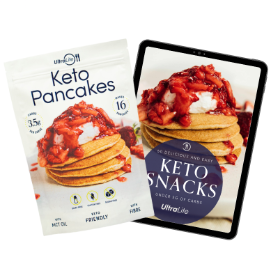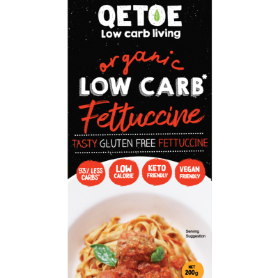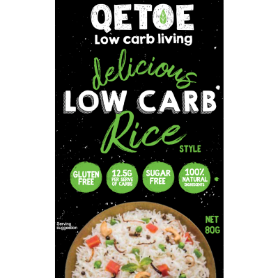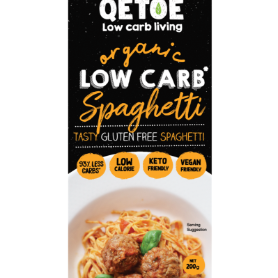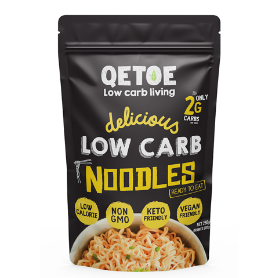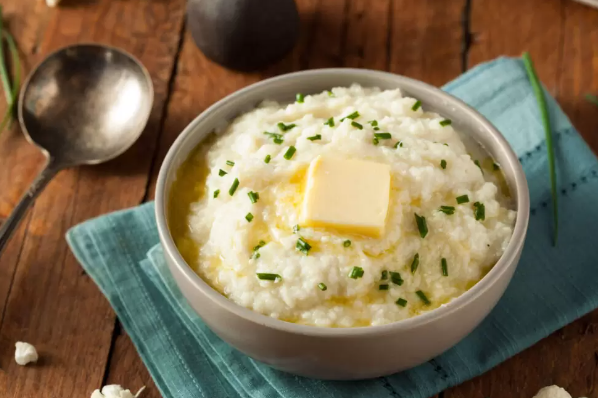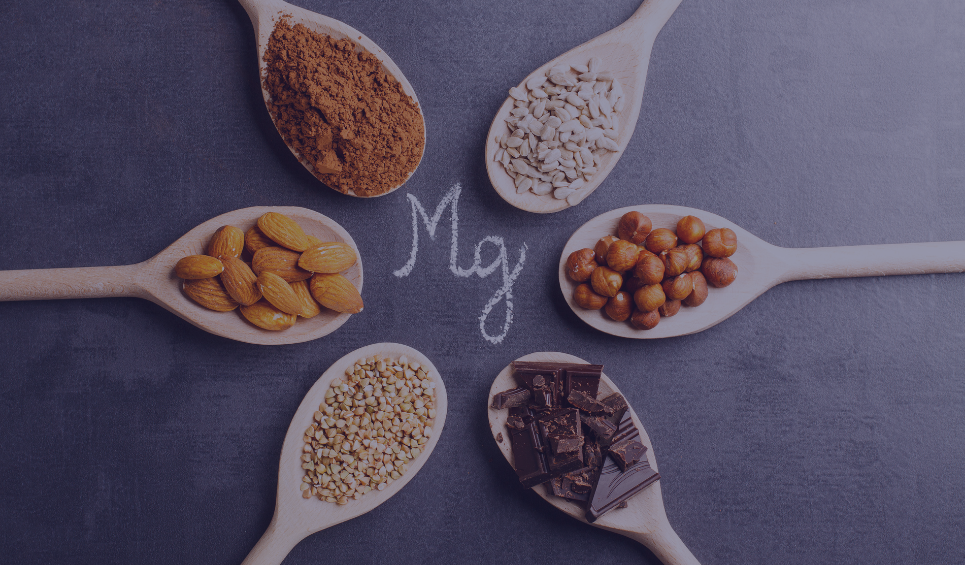Magnesium is intimately involved in over 600 reactions in the human body. This includes the metabolism of food, the transmission of nerve impulses, the synthesis of fatty acids and proteins, muscle contraction, gene maintenance, removal of toxins and protein formation.
It is important to remember that magnesium is one of the essential minerals and is extremely important for our overall health and wellbeing. Each day over 100mg must be consumed to allow our bodies to function normally. With the current RDI for women aged 18-60 being over 320mg and for men aged 18-60 being 420mg, it is estimated up to 80% of people don’t eat or absorb an adequate amount of magnesium each day.
How Do You Know If You’re Magnesium Deficient?
- Muscle cramps
- Fatigue and weakness
- Flickering or twitching eyelids
- Anxiety or stress
- Arrhythmia (irregular heartbeat)
- High blood pressure
- Period pains
- Chocolate cravings (yes you heard us! Scroll down to find out why)
It’s also important to understand a deficiency in magnesium can affect all body tissues, and has been associated with a number of major health concerns such as: type II diabetes, hypertension, preeclampsia and coronary heart disease. We store about 25 grams of magnesium in our body with more than 50 percent of this stored in the skeletal system. As only 1% of the body’s overall magnesium content is found in the blood, some have said that the current blood testing of magnesium concentration is insufficient. This is why it is hard to diagnose magnesium deficiencies and why up to 50% are left untreated.
What Can Cause a Magnesium Deficiency?
According to one of our Ultra Lite Virtual Practitioners Doreen Schwegler, there can be a lot of reasons why you are deficient including:
1. Inadequate dietary intake because of your diet. This is why we have included a list of foods high in magnesium below to help you start increasing your daily intake through diet.
2. Issues with absorption (this is a big one) as the body only normally absorbs 20-50% of magnesium. This can be greatly affected by any digestive issues you may have such as coeliac disease, ‘leaky gut,’ or SIBO (small intestinal bacterial overgrowth). It is best to address these issues or potentially increase your daily intake.
3. Increased requirements: if you are an athlete, stressed, are pregnant or breastfeeding, are on certain magnesium depleting medications, have certain genetic predispositions or doing activities that involve heavy sweating, your requirements are increased. Coffee depletes magnesium stores. Leafy greens, avocados, fatty fish, nuts, seeds and whole grains are good sources of food naturally rich in magnesium.
What are the Benefits of Magnesium Supplementation on a Ketogenic Diet?
Magnesium is also beneficial for promoting regularity and relieving constipation as it can be used as a laxative. If constipation is an issue for you on a Ketogenic diet like Ultra Lite, we have a great magnesium-based supplement called Colozone Plus you can purchase, which is very effective in promoting regularity, and regulating bowels. However, it’s best to start with small amounts of magnesium and work your way up if you choose to supplement with it.
Magnesium supplements have also shown to help improve migraines and headaches, due to its calming role in the central nervous system, as well as prevent the effects of Magnesium deficiency.
Types of Magnesium:
Recommended forms for better absorption:
Magnesium Glycinate: highly absorbable and particular good for stress and muscle relaxation.
Magnesium Orotate: supportive for stamina and heart health.
Magnesium Citrate: well absorbed and affordable all-rounder.
Magnesium Threonate: less commonly available, and purported to improve cognitive function.
Less recommended types that are less well absorbed & can cause loose bowels:
Magnesium Oxide, Magnesium Sulphate (epsom salts) and Magnesium Chloride (better used topically).
Many people supplement with magnesium while on a keto diet, as electrolytes are flushed from your system at a higher than normal rate. However, magnesium from the food you eat plays an important role in electrolyte balance.
Foods High in Magnesium
1. Almonds
A serving of 28 g ( 1 oz) of almonds (i.e. around 22-23 whole kernels) contains 75 mg of magnesium, which provides almost 20% of your daily needs. It comes at 162 calories and only 2g net carbs.
Almonds are not only full of healthy fats perfect for energy production on Keto, but they are also full of Vitamin E, which is a fat-soluble antioxidant vitamin that is key to a healthy immune system.
Almond milk might also be a decent source of magnesium – check the label for the exact amount per serving, as the values will vary between the different brands. Make sure you purchase almond milk that is unsweetened and does not contain harmful ingredients, such as carrageenan.
2. Brazil Nuts
A nutritional powerhouse. 28 g (1 oz) of brazil nuts, which is approximately 6 kernels, contains a very high amount of magnesium, 106 mg, zinc, calcium and vitamin E as well as lots of healthy fats. Which is why they have been shown to lower the risk of cardiovascular disease.
The best part is that they’re Ultra Lite and Keto friendly thanks to being only 1.4 g in net carbs. It’s important to note that they are still high in calories due to their fat content, so try not to consume too many in one sitting.
3. Flaxseed
The tiny flaxseed has plenty of amazing health benefits, such as improving digestion, lowering blood pressure, reducing the risk of some cancers, and has even been shown to help with weight loss. This is why we recommend consuming flaxseed oil daily on the Ultra Lite Program.
In addition to these benefits, 1 tablespoon (7 g) of ground flaxseed contains 27.4 mg of magnesium, which is plenty for such a small amount, and has 37 calories and only 0.1 g net carbs – pretty amazing, right?
4. Cocoa and Dark Chocolate
Do those chocolate cravings count for something? Raw unprocessed cacao contains a whopping 590mg of magnesium per 100g! Depending on the type and brand of dark chocolate, we love to consume is roughly 17 mg per 10 g square. Though the carbs and calories will vary, depending on the brand, which is why it’s best to opt for chocolate that is 85% cocoa or more.
There are many other benefits that cocoa and cacao can have for your health, all thanks to its high amount of antioxidants, which scores even higher than tea. Don’t be afraid to have a square of 85% or sugar-free dark chocolate while on a ketogenic diet, as consuming it in moderate amounts has been shown to be heart-protective and mood-enhancing.
5. Salmon
Salmon is uniquely rich in omega-3 fatty acids, eicosapentaenic acid (EPA) and decosahexaenoic acid (DHA), which combined with its high amounts of selenium, can help lower blood pressure, LDL (bad) cholesterol levels and inflammation in the body. Not only is salmon high in healthy fats, but it is also rich in magnesium with roughly 32g per 100g, so incorporating it into you Keto diet as often as you can is important.
6. Avocado
Avocados seem to be one of the most popular foods in the ketogenic diet community these days, and it’s no wonder why – high in healthy fats which can help when transitioning into ketosis and curb those cravings while on a ketogenic diet, and the best part is, they’re only 2g net carbs (and 7 g fiber).
Nutrient-wise they pack a punch, as they contain plenty of important micronutrients, such as magnesium (29 mg/100g), potassium, copper, iron and folate.
6. Spinach
We love Spinach on the Ultra Lite Program, it’s such a great food to add to keto recipes, as it’s so low in net carbs with only 1.4 g net carbs per 100 g serve of raw spinach, and also in calories (23cal per 100 g). But it definitely doesn’t lose out in nutrition as it’s full of a number of important micronutrients, including antioxidants, potassium, vitamin C and vitamin K, folate as well as magnesium with at 79 mg per serving. No wonder we love it so much.

